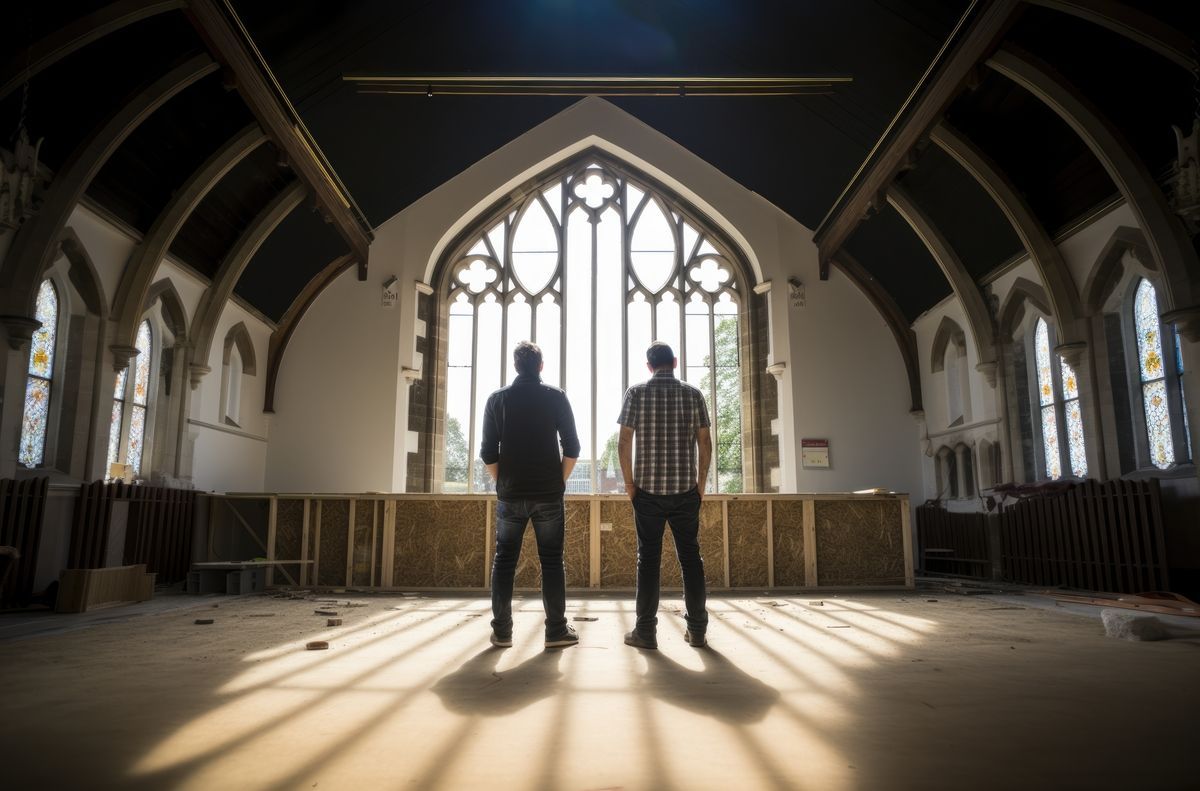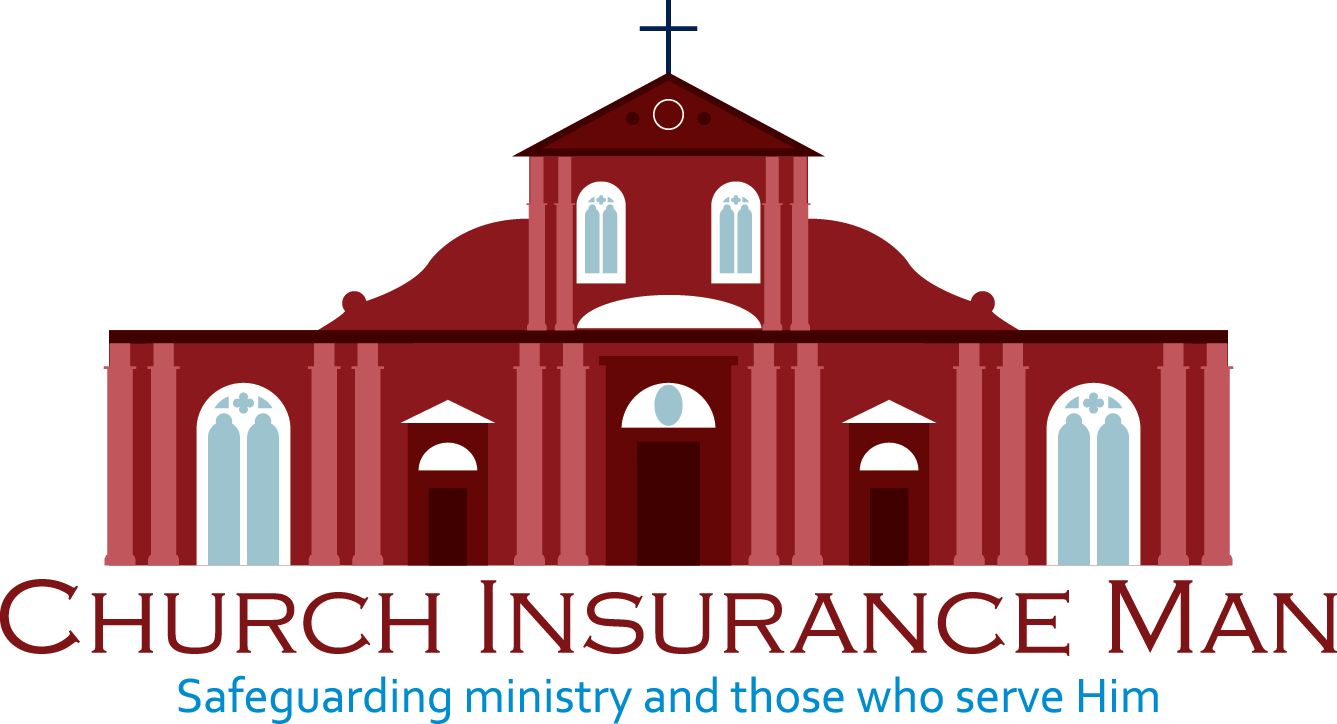Safeguarding Your Youth Ministry: Essential Insurance and Risk Management Strategies
Essential Insurance and Risk Management Strategies
Youth ministry programs serve as an integral part of many churches, playing a crucial role in fostering spiritual growth and nurturing the faith of young congregants. However, with the unique challenges and vulnerabilities associated with working with young people, it is essential for church administrators to implement comprehensive risk management strategies and secure appropriate insurance coverage tailored to the specific needs of their youth ministry program.
Effectively protecting your church's youth ministry begins with understanding the inherent risks that come with organizing and supervising activities for minors. These potential risks can include accidents or injuries during group activities, allegations of improper behavior by volunteers or staff, and liability concerns surrounding events held on or off church premises. To minimize these risks and safeguard your youth ministry program, church administrators must carefully assess their insurance policies, obtain any necessary additional coverage, and implement proactive risk management strategies in coordination with their insurance provider.
In addition to insurance considerations, it is crucial to foster a secure and supportive environment within the youth ministry program itself. This involves developing and enforcing robust policies and procedures surrounding staff and volunteer screening, training, and supervision, as well as implementing safety precautions for events and activities.
In the following sections, Church Insurance Man will address insurance considerations specific to youth ministries, offer practical risk management strategies, and provide guidance on creating a safe space for spiritual development within your church's youth program in Georgia. Through a comprehensive approach to insurance and risk management, church administrators can be confident in their ability to support the spiritual needs of their young congregants while mitigating potential risks and protecting the church's interests.
Evaluating and Adjusting Your Church's Insurance Coverage
To protect your youth ministry program and the church as a whole, it is crucial to carefully review your current insurance coverage and identify any areas where additional policies or endorsements may be necessary. Key insurance considerations for your youth ministry program include:
1. General Liability Insurance:
This type of coverage protects your church from claims of third-party bodily injury, property damage, or personal injury resulting from your youth ministry's activities or operations.
2. Sexual Misconduct and Abuse Liability Insurance:
While it's uncomfortable to consider, churches must be prepared for the possibility of allegations of sexual misconduct or abuse within their youth ministry programs. This coverage can help protect your church against claims arising from such scenarios involving staff or volunteers.
3. Hired and Non-Owned
Auto Liability Insurance:
If your youth ministry program involves the transportation of minors to and from events, this type of coverage protects your church from liability claims resulting from auto accidents that occur while using personal or rented vehicles for ministry purposes.
4. Workers' Compensation:
Ensure that your church's workers' compensation insurance policy adequately covers staff and volunteers working within the youth ministry program, providing financial protection for medical expenses and wage replacement in case of injury.
Implementing Robust Staff and Volunteer Screening Procedures
One of the most effective ways to minimize potential risk within your youth ministry program is to rigorously screen all staff members and volunteers working with minors. Key components of a thorough screening process include:
1. Background Checks:
Require criminal background checks for all staff members and volunteers who will interact with minors, and consider working with third-party screening services if needed.
2. Reference Checks:
Request and review personal and professional references for potential staff and volunteers to help assess their suitability for the youth ministry program.
3. Personal Interviews:
Conduct in-depth interviews with prospective staff and volunteers to assess their motivations for participating in the youth ministry, gauge their understanding of appropriate behavior, and ensure their commitment to creating a safe environment for minors.
4. Establish Clear Behavioral Expectations:
Develop and communicate written guidelines and policies outlining appropriate behavior, boundaries, and expectations for all staff members and volunteers working with youth.
Training and Supervising Youth Ministry Staff and Volunteers
In addition to thorough screening, providing ongoing training, and effective supervision of staff and volunteers is essential for creating a safe and supportive youth ministry environment. Key elements of youth ministry staff and volunteer training and supervision include:
1. Orientation and Training:
Equip all staff members and volunteers with comprehensive orientation and training materials that cover topics such as effective communication with minors, managing challenging behaviors, and recognizing and reporting potential abuse.
2. Regular Check-Ins and Reviews:
Schedule regular check-ins and performance reviews for all staff and volunteers to ensure adherence to the youth ministry program's policies, procedures, and expectations, and to address any concerns or areas for improvement.
3. Supervision Ratios: Establish appropriate adult-to-youth supervision ratios for various youth ministry activities and events, accounting for factors such as the age of the youth participants, the nature of the activity, and the potential risks involved.
4. Open Communication Channels:
Promote open lines of communication between staff, volunteers, and church leadership to encourage the prompt reporting of any concerns, incidents, or potential risks that could affect the safety of the youth ministry program.
Ensuring Safety at Youth Ministry Events and Activities
To protect the well-being of all youth ministry participants, it is essential to prioritize safety during all events and activities. Implement these best practices for planning safe and successful youth ministry gatherings:
1. Safety Assessments:
Conduct risk assessments for all planned events and activities, identifying potential hazards and developing strategies to mitigate them.
2. Safety Guidelines and Protocols:
Develop and communicate clear safety guidelines and protocols for all youth ministry events and activities, including rules for participants, emergency response procedures, and necessary safety equipment or precautions.
3. Consent and Documentation:
Obtain parental consent and maintain thorough documentation for all off-site youth ministry events or activities, ensuring all participating minors have the necessary permission and medical information on file.
4. Emergency Response Training:
Provide staff and volunteers with training in basic first aid, CPR, and emergency response procedures to enable a swift and effective response in case of an accident or emergency during a youth ministry activity.
Conclusion
Safeguarding your church's youth ministry program requires vigilance and proactive risk management. By thoroughly evaluating and adjusting your insurance coverage, implementing rigorous staff and volunteer screening processes, delivering comprehensive training and supervision, and prioritizing safety during events and activities, church administrators can provide a secure and nurturing environment for spiritual growth and development. By embracing these risk management strategies, churches not only protect their young congregants but also invest in the future of their community and the enduring strength of their faith. Get
insurance for churches in Georgia at Church Insurance Man!






Preventing Theft Is Paramount
The main idea with higher deductibles is that it incentivizes you to take the proper actions to minimize the potential harm that may come to your property. As such, higher deductibles help you think about ways to sustainably prevent negative situations from forming and occurring within your property. That is why organizational leaders should take great care to implement proper security protocols. Your place of worship or care must comprehensively plan for crime and other property damage instances and minimize them from taking place.
- Watch the entrances. The first and simple step is to minimize the entry points into your church or other facilities. You want to make sure that there are just a few places to enter and exit to minimize hassles on your end.
- Document those who come and go. It is best to understand who is coming and going within your church or other facilities. The more information you have, the better it is for you in adverse situations.
- Have trusted volunteers who roam the facility during large gatherings. You want to make sure that you have a cohort of trustworthy who hover around different key areas during large gatherings and celebrations to enforce security standards in a relaxed manner.
- Minimize cash concentration on-premises. There's a saying that you should not tempt fate. That is a genuine possibility if you keep a concentrated portion of cash within your facility. Those who seek to conduct an extraction operation will have more incentives to perform a heist on your property.
- Provide regular access to trustworthy people. Everyone shouldn't have regular entrance access. Keep your life simple by providing limited access during off-hours.
These principles and tips will help you to minimize issues taking place on your property.
Common Church Theft and Vandalism Risks
Creating A Secure Environment For Parishioners
General Liability Coverage for Churches
Preventing Liability Risks in Churches
The best action is preventative and not reactive. Do your best to implement standards and protocols that minimize the potential situation that risks present to your church.
For instance, if you are cleaning the church, make sure to have signs that state you are cleaning. As such, you are indicating that cleaning is happening, and floors may be wet.
Further, you want to make sure that you have signs present around the facility that show people to be careful in a specific situation. Classic safety measures such as smoke detectors and safety systems, in general, will be crucial and necessary as well.
In addition, more nonprofit organizations are optimizing their buildings to make it accessible for disabled peoples. More organizations also endeavor to check their places frequently and make sure everything is up to par while also keeping emergency supplies like first aid kits on their premises.
There is quite a bit you can do to take a preventive strategy within your organization and minimize your potential liabilities. If you require further assistance with your insurance policies and would like to have more information about the steps you can take to improve your overall situation, reach out to us. We will be pleased to find the best solution for your needs and provide the insurance services that your church requires.
Insurance Packages for Churches In Georgia
Make sure that your church is protected. Learn more about our insurance services for churches in Georgia, including umbrella liability, business automotive, and church packages to protect your organization. Contact us today to chat about how we can help your church obtain great coverage to safeguard your ministry.
Get a Quote
Get a Quote
We will get back to you as soon as possible.
Please try again later.





